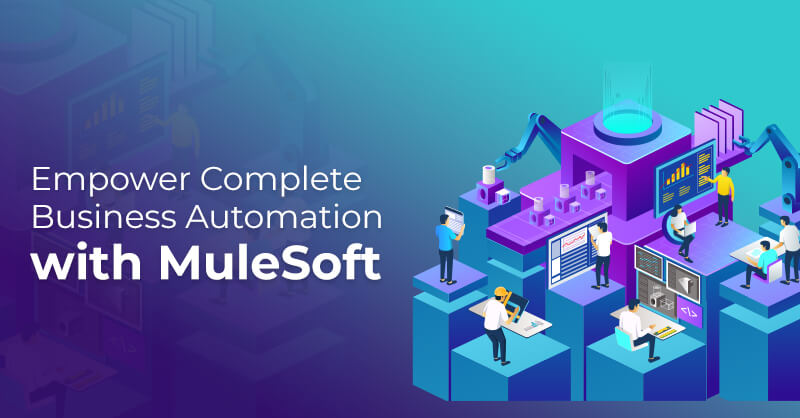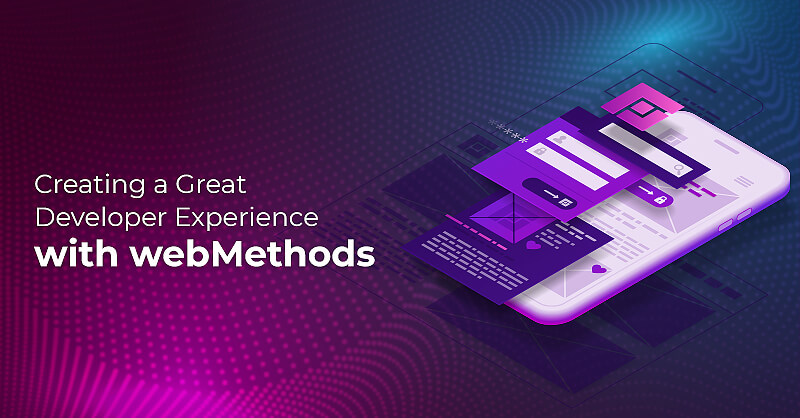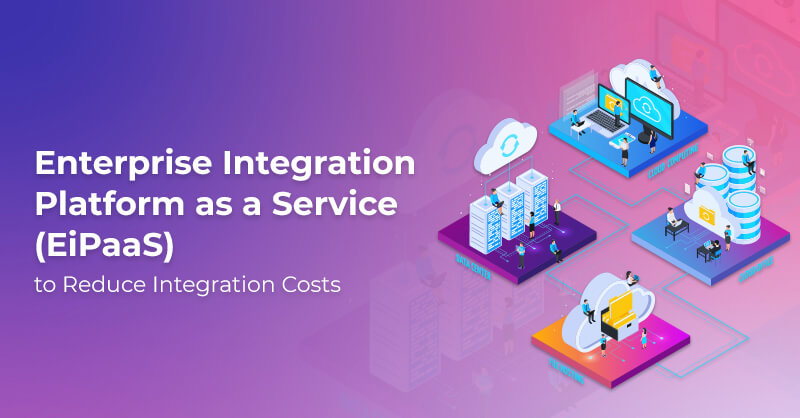The Future of B2B Integration: A Sterling Point of View
Written by Pranita Navrekar
Business Analyst at Royal CyberThe B2B market is still young, and its structure and players are constantly changing. There is still very little information available on how online business-to-business commerce will evolve.
Almost every business-to-business company has a stake as either a buyer, a seller, or both. B2B relationships and transactions will shape supply chains, product strategies, marketing plans, operations, and even business models.
Flaws in the Existing B2B Integration of Most Companies
B2B models of most companies currently have three fatal flaws.
- First of all, most exchanges are built on the premise of competition among suppliers to lower prices, which runs contrary to the best theories about buyer-supplier relationships. The majority of companies are realizing that getting supplies at the lowest cost may not be in their best interest economically.
- Second, these exchanges provide little value to sellers. While suppliers gain access to more buyers with a modest increase in marketing costs, that benefit is overwhelmed by pricing pressures.
- Finally, most B2B exchanges have poor business models. Many exchanges that have gone online quickly haven't taken the time to determine their customers' priorities, provide unique offerings, or even figure out how to be profitable.
What is the Future Direction of B2B Integration?
Businesses will further seek seasoned integration professionals to handle the heavy lifting of B2B integrations as the time and resources they can devote to complex integration processes decrease.
As enterprises move forward, frictionless, fluid interaction with their most important business partners won't be something they will struggle with. The time-to-value for adding new business will no longer be prolonged if the customer's data format or protocol cannot be supported.
As such, B2B integration means more than technology; it's about an intuitive, self-service experience that offers real-time interaction and business agility while reliably managing data exchanges. The future of B2B integration also includes the confidence that you can conduct business anytime, anywhere, and faster and better than anyone else.
In the near future, B2B integration will gain prominence, especially among small and medium-sized enterprises, at least in the adoption arena, but the initiative will come from large organizations.
The Emergence of New Technologies
Significant technological advancements have taken place in recent years. Electronic Data Interchange (EDI) has become mainstream in B2B.
There is no question that EDI in its various formats will remain highly useful and used extensively in its established fields well into the future. Yet, it will not be the primary tool to address new challenges in supply chain that go beyond typical B2B document exchanges.
Future investments in B2B integration will be fueled by advanced technologies such as Internet of Things (IoT), blockchain networks, and artificial intelligence, working in conjunction with APIs and EDI transactions.
These technologies are already being applied in many different applications. Ultimately, they will be used to achieve business outcomes via increased collaboration among supply chains.
Why Choose Sterlings Integration Solutions?
The best way to approach B2B integration is to hire an experienced team of integration professionals. Sterlings Integration Solutions is an industry leader in B2B integration and B2B Managed Services. It is a part of Royal Cyber, which provides future-ready B2B tools for a seamless B2B integration experience.
Their services include the following:
Implementation Services
Upgrade & Migration Services
EDI & B2B Managed Services
Partner Onboarding/ Mapping/ Business Process Development
Performance Tuning/Upgrades
Ongoing B2B Integration Support
Integration service providers with B2Bi experience will ensure frictionless, fluid communication with your systems, applications, and people. This will give you a comprehensive view of your business operations. So, you will be able to make data-driven decisions, adapt to changes, and add new services to customers when necessary.



